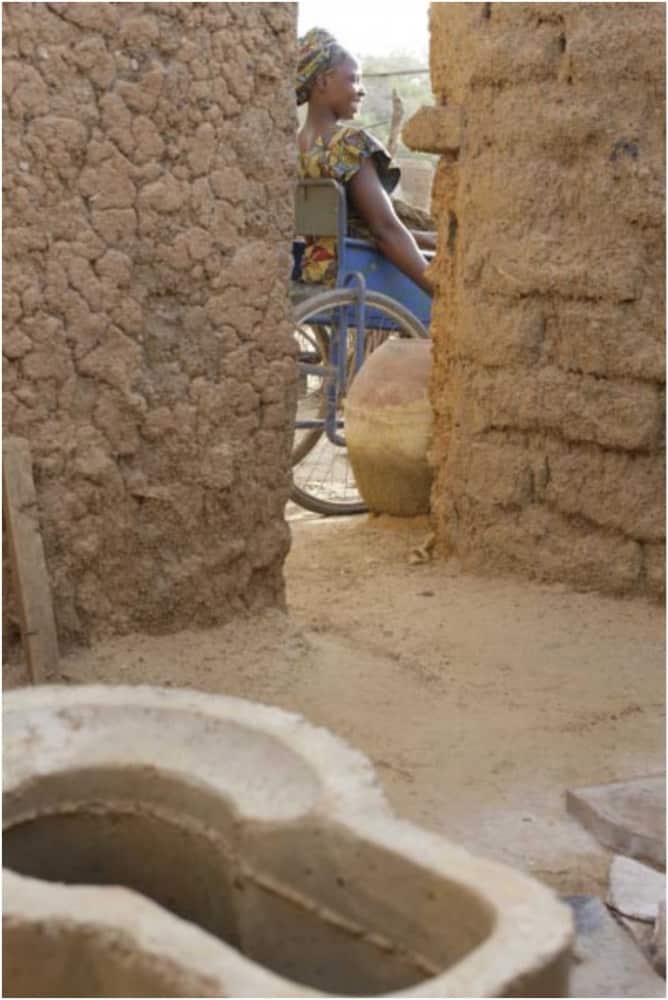The Plight of Zimbabwe’s disabled
Lovemore Lubinda|zimnews
As Zimbabwe holds the National Disability Expo 2016, that has been officially opened today at a local city hotel, Persons With Disabilities (PWDs) in the country have bemoaned lack of proper parliamentary representation, saying this has derailed their fight for the establishment of a standalone ministry to specifically look into their concerns.
Speaking at this year’s National Disability Expo in Harare, Chief Secretary to the President and Cabinet, Dr Misheck Sibanda said PWDs must be viewed as in need of empowerment rather than charity.
“If the principles of universal designs embedded in our policies are implemented, persons with disabilities will be able to participate at equal level with their non disabled counterparts,” he said in a speech.
In 2013 Zimbabwe ratified the UN Convention on the rights of persons with disabilities, which stresses on the equality of all human beings, universal designs, and reasonable accommodation.

Dr Sibanda said work is currently underway to domesticate the convention to be part of the country’s law in line with article 34 of the constitution.
Meanwhile, Disability, HIV and AIDS Trust (DHAT) Executive Director, Phillimon Simwaba, says PWDs are being left behind in issues of public interest, such as national consultations on critical issues like national budgets, despite the fact that such matters affect them the most.
“We lack proper platforms to participate in national dialogues; we are usually excluded from various meetings that have a bearing on our wellbeing as equal citizens.
In embarrassing scenarios, we may be invited, only to be frustrated and humiliated to find out that the meeting is being held in the infrastructure that is not accessible to PWDs. To make matters worse, nearly all elevator buttons in most buildings are not accessible for persons with different disabilities or wheelchair-bound,” he said.
World Health Organisation (WHO) reports that people with disabilities constitute 15 percent of Zimbabwe’s population of over 13 million, which is a great proportion.
“The above statistics reveals that PWDs account for over 1.9 million people, most of them registered voters, and, it is worrying that interests of such a huge number are being relegated to the periphery by lacking proper ministerial representation,” Simwaba lamented.
He believes various efforts by government could have great and far reaching impact in advancing their cause if there was a standalone ministry for the disabled persons.
Endless Possibilities, an organisation that advocates for the inclusion PWDs in all aspect of life, founder, Edmore Masendeke, concurs with Simwaba that a lot needs to be done to ensure PWDs inclusive working and living environments more so in urban centres where populations are expected to rise gradually because of rural to urban migration.
“It is disheartening to note that most cities, Harare included can only have few public toilets that are accessible to people on wheelchairs,” he said. Masendeke claimed that a number of toilets in these cities and towns have either narrow entrances or lack ramps, further exacerbated by hand washing facilities that are not PWDs user friendly.
He equates this to outright form of discrimination, and concurs with Dr Sibanda that PWDs cry for inclusiveness that empowers them, rather than being treated as objects for pity.
The government may be doing its bit through the ministry of Public Service, Labour and Social Welfare, but, PWDs believe this is too broad and that the budget allocated to it is not enough. Handling issues to do with disabled persons is a very complex matter, their needs are complicated, hence the calls for a ministry whose prime role is solely to cater for their plight.
The Disabled Persons Act of 1992 defines a disabled person as one with a physical, mental or sensory impairment. These include visual, hearing or speech functional disability, which give rise to physical, cultural or social barriers that inhibit them from participating at an equal level with other members of society activities.
Meanwhile, Malawi and South Africa have instituted the Ministries of Gender, Children and Persons with Disabilities, to cater for PWDs. Namibia and Botswana have established disability desks in the office of the Prime Minister and President’s Office respectively. Zambia is has also taken strides by setting up the Zambia Agency for Persons with Disabilities.
The country had created a place for itself, apart from having had borne a flagship of being on the forefront in mainstreaming the rights, and welfare through various institutions, schools, policies, and laws such as the Disabled Persons Act of 1992.
Such efforts saw it become an envy of many African countries, as evidenced by some countries coming to tap from the country’s good leadership, and best practices in the welfare of PWDs. However, as far as setting up higher offices for PWDs, Zimbabwe is now lagging behind to those who learnt from her.
According to the United Nations (UN) it is estimated that there were more than approximately 80 million PWDs in Africa in 2010, which have obviously grown larger to date because of the rising populations.
On 3 December, everywhere the world commemorates the International Day of PWDs, promoted by the UN since 1992, with the aim to promote understanding of disability issues and mobilise support for the dignity, rights, and wellbeing of PWDs.













